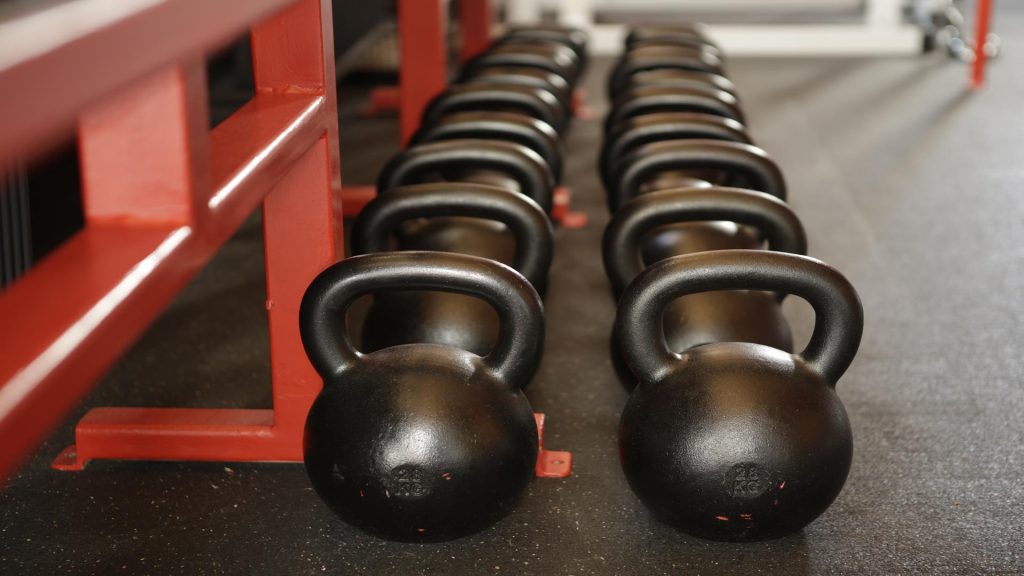
Heart Health Tips
Introduction
Maintaining a healthy heart is vital for overall well-being. The heart is responsible for pumping oxygen and nutrients throughout the body, and any issues can lead to serious health conditions. In this article, we will discuss some key tips to help you improve and maintain your heart health.
1. Eat a Balanced Diet
A healthy diet plays a crucial role in promoting heart health. Include plenty of fruits, vegetables, whole grains, lean proteins, and healthy fats in your meals. Avoid processed foods, excessive salt, and sugary drinks, as they can increase the risk of heart disease.
2. Exercise Regularly
Regular physical activity is essential for a healthy heart. Aim for at least 30 minutes of moderate-intensity exercise most days of the week. Activities like brisk walking, swimming, cycling, or dancing can help strengthen the heart and improve cardiovascular health.
3. Control Cholesterol Levels
High cholesterol levels can lead to the buildup of plaque in the arteries, increasing the risk of heart disease. Maintain a balanced diet, exercise regularly, and limit saturated and trans fats to keep your cholesterol levels in check. If necessary, consult a healthcare professional for cholesterol-lowering medication.
4. Maintain a Healthy Weight
Being overweight or obese puts added strain on the heart. Take steps to achieve and maintain a healthy weight through a combination of a balanced diet and regular exercise. Losing even a small amount of weight can have significant benefits for heart health.
5. Manage Stress
Excessive stress can contribute to heart disease. Find healthy ways to manage stress, such as practicing relaxation techniques, engaging in hobbies, or seeking support from friends and family. Regular exercise and getting enough sleep can also help reduce stress levels.
6. Quit Smoking
Smoking is a major risk factor for heart disease and other health problems. If you smoke, take steps to quit as soon as possible. Seek support from healthcare professionals, friends, or support groups to increase your chances of success in quitting smoking.
7. Limit Alcohol Consumption
Excessive alcohol consumption can have negative effects on heart health. If you choose to drink, do so in moderation. For women, this means no more than one drink per day, and for men, no more than two drinks per day. It's important to note that excessive alcohol intake can lead to heart disease and other health complications.
8. Get Enough Sleep
Adequate sleep is essential for overall health, including heart health. Aim for 7-9 hours of quality sleep per night. Poor quality or insufficient sleep can increase the risk of high blood pressure, obesity, and other heart-related disorders.
9. Monitor Blood Pressure
High blood pressure is a significant risk factor for heart disease. Have your blood pressure checked regularly, and if it's elevated, take necessary steps to manage it. This may involve lifestyle changes, such as a healthy diet, exercise, stress management, or medication prescribed by a healthcare professional.
10. Stay Hydrated
Drinking enough water is important for maintaining heart health. Aim to drink at least 8 glasses of water per day to ensure proper hydration. Staying hydrated helps the heart pump blood more effectively and reduces the risk of blood clots.
11. Limit Salt Intake
Excessive salt consumption can increase blood pressure and strain the heart. Opt for low-sodium options when cooking or eating out, and limit processed foods that often contain high levels of sodium. Season your meals with herbs and spices instead of salt.
12. Include Omega-3 Fatty Acids
Omega-3 fatty acids, found in fatty fish like salmon, tuna, and mackerel, have been shown to promote heart health. Include these fish in your diet at least twice a week. If you don't consume fish, talk to your healthcare provider about omega-3 supplements.
13. Stay Active Throughout the Day
In addition to structured exercise, make an effort to stay active throughout the day. Take breaks from sitting by engaging in light activities like stretching, walking, or using stairs. Every bit of movement counts and can contribute to better heart health.
14. Regular Health Check-ups
Lastly, schedule regular check-ups with your doctor to monitor your heart health. They can perform tests to assess your overall cardiovascular health and provide personalized recommendations to keep your heart in optimal condition.
Frequently Asked Questions
1. What are the warning signs of a heart attack?
Common warning signs of a heart attack include chest pain or discomfort, shortness of breath, nausea, lightheadedness, and pain or discomfort in the jaw, neck, or back. If you experience any of these symptoms, seek immediate medical attention.
2. How often should I have my cholesterol levels checked?
It is generally recommended to have your cholesterol levels checked every four to six years if you are a healthy adult. However, if you have a family history of high cholesterol or other risk factors, your healthcare provider may recommend more frequent screenings.
3. Can exercise help lower blood pressure?
Yes, regular exercise can help lower blood pressure. Engaging in aerobic exercises, such as brisk walking, cycling, or swimming, for at least 30 minutes most days of the week can help reduce blood pressure levels.
4. What is a normal blood pressure range?
A normal blood pressure range is typically below 120/80 mmHg. However, it's important to consult with your healthcare provider to determine your target blood pressure range based on your specific health condition.
5. How does stress affect the heart?
Excessive and prolonged stress can contribute to the development of heart disease. Stress hormones can increase blood pressure, heart rate, and cholesterol levels. Finding healthy ways to manage stress is crucial for maintaining heart health.
� Heart Health Tips
� Health
� Heart Health
� Discover effective tips for maintaining a healthy heart and reducing the risk of heart disease. Improve your heart health with these lifestyle changes and strategies.
Thank you for reading. For more insights, visit our BLOG. We appreciate your support!



